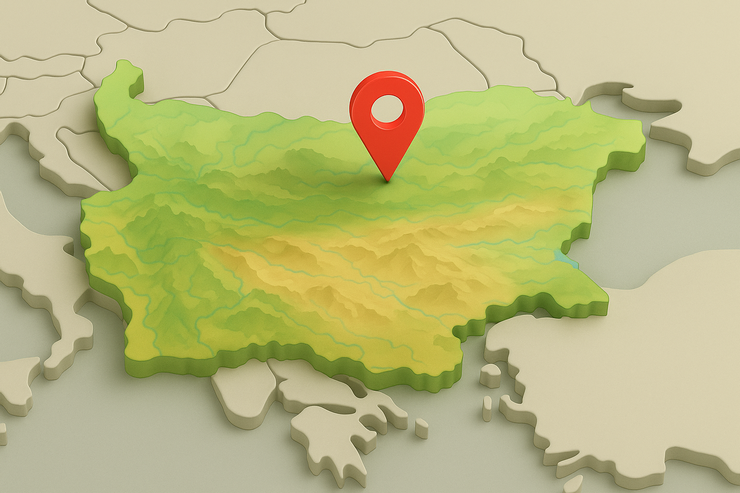11/28/2024
Simple Vue plugin for geo location

When I write a plugin, I think of it as a standalone piece of code that has its own logic and is independent of where it will be used. This is not entirely true, of course, but when designing a plugin, I always start from this idea. After all, every system has its own logic and architecture that must be followed - especially for outgoing data.
Geo location
In modern browsers, it is very easy to access the Geolocation API. You call
navigator.geolocation.getCurrentPosition(call_success_function, call_error_function);
and in the object returned to call_success_function you will get everything you need, including latitude & longitude. If necessary, you can check if the browser supports the Geolocation API if (!navigator.geolocation) { ... } else { ... }.
I will add a small abstraction to the standard function to make it work in an asynchronous environment.
async function GeoLocation(): Promise<GeolocationCoordinates> {
return new Promise((resolve, reject) => {
navigator.geolocation.getCurrentPosition(
(success) => resolve(location.coords),
(error) => reject(error)
);
});
}
A wonderful method that will return the coordinates and (as I told you at the beginning) works regardless of the environment in which it will be used.
Vue plugin
In a project where we want to use the above method as a plugin, I create a folder plugins and in it I create a sub-folder geo-location. In this folder, I added 2 files - index.ts and GeoLocation.ts. Of course, the content of GeoLocation.ts is the above method.
export async function GeoLocation(): Promise<GeolocationCoordinates> {
return new Promise((resolve, reject) => {
navigator.geolocation.getCurrentPosition(
(success) => resolve(location.coords),
(error) => reject(error)
);
});
}
In index.ts I follow the standard structure of Vue plugins.
import type { App } from "vue";
import { GeoLocation } from "./GeoLocation";
export default {
install(app: App) {
app.provide("GeoLocation", GeoLocation);
},
};
Then we add it to main.ts.
import { createApp } from "vue";
import App from "./App.vue";
import GeoLocationPlugin from "./plugins/geo-location";
const app = createApp(App);
app.use(GeoLocationPlugin);
app.mount("#app");
Using the plugin
Here is the reason for writing this article. To use the plugin in a TypeScript environment, you need to be careful with the initialization in the Vue component where you will use it.
const GEOLocation = inject<() => Promise<GeolocationCoordinates>>('GeoLocation');
If you omit the cast () => Promise<GeolocationCoordinates>, you will get an error that GeoLocation is not a function.
type GeoLocationType = () => Promise<GeolocationCoordinates>;
const GEOLocation = inject<GeoLocationType>('GeoLocation');
